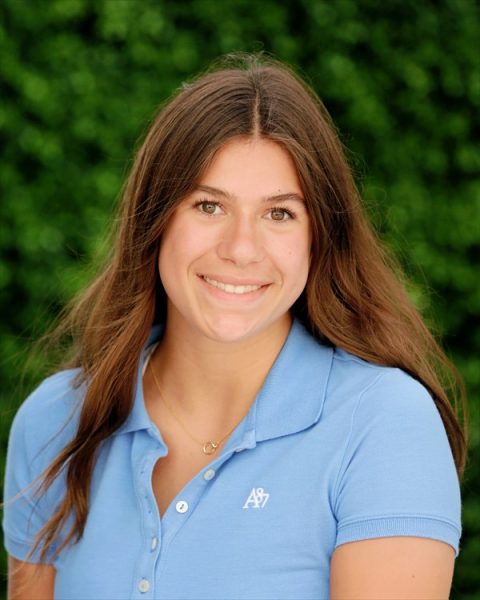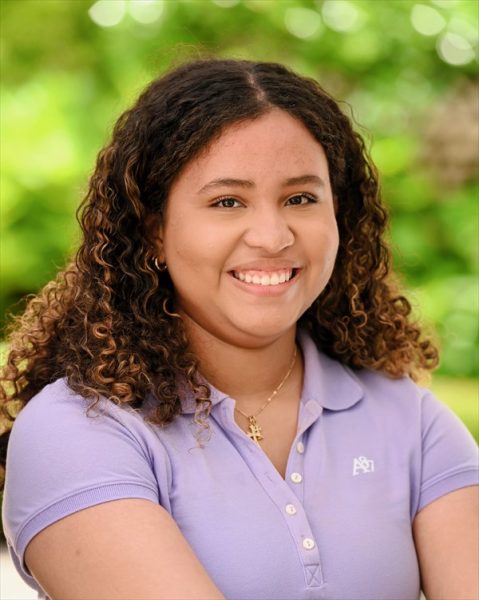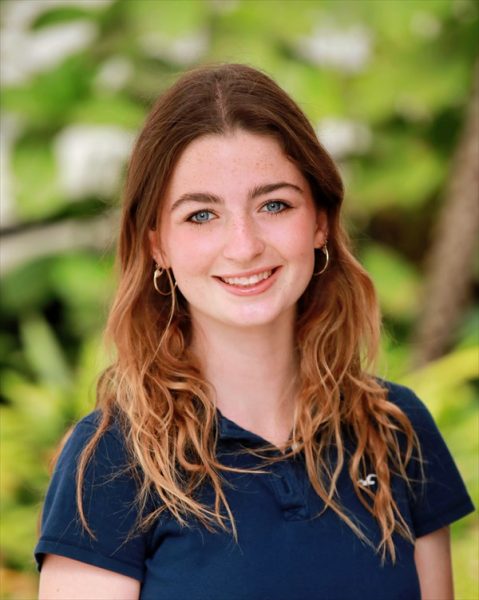COVID-19 vaccine awaits FDA approval before distribution
Seniors say vaccine could make them more assured about college in fall
December 18, 2020
WEB EXCLUSIVE Amidst a deadly third peak in COVID-19 cases across the nation, California is expected to receive 12,000 doses of the Pfizer vaccine in the coming week out of the 2.1 million doses set aside for the state upon authorization from the U.S. Food and Drug Administration.
Pfizer-BioNTech will ship 2.9 million doses of the vaccine in the initial shipments to the U.S. following approval, according to Gen Gustave Perna, Operation Warp Speed chief operating officer, in a press briefing. Operation Warp Speed is the public-private partnership initiated by the federal government to accelerate the distribution of the COVID-19 vaccine.
“If enough people get vaccinated we will get to unadjust to the way of life we have adapted to due to the pandemic,” Epidemiology & Biostatistics professor at the University of California San Francisco George Rutherford said. “The vaccine is highly effective, but only if a majority of people receive the vaccine.”
One-hundred percent of Convent seniors reported if a COVID-19 vaccine is available before leaving for college, they would feel safer about attending school in person, a survey in which about one-third of the senior class answered. Not all seniors reported they were confident in the vaccine though, with 42.9% saying they were wary but still planning on receiving it, and 14.3% are reporting they plan to wait to see if there are side effects to the vaccine.
“I would take the vaccine, but I would wait a little bit to see if any new information is revealed as it becomes more widely distributed,” senior Amy Phipps said. “It would certainly make me feel safer about attending college in the fall and give me comfort about living in an area where I would be much more exposed than I am right now.”
The vaccine will not be mandatory in the United States, according to Dr. Anthony Fauci, Director of the National Institute of Allergy and Infectious Diseases, in an August town hall hosted by Healthline. Once the vaccine is approved by the FDA, students at some public and private schools, including colleges and universities, and some health care workers and patients may be required to take the vaccine, according to USA Today.
“I would suspect that in a school or college 70% to 75% of students and faculty will need to be vaccinated in order for the risk of contracting COVID-19 to dramatically decrease,” Rutherford said. “This is known as herd immunity, which is the proportion of people that have to be immune to a disease for it to die out over time.”
The FDA released an analysis of the Pfizer-BioNTech vaccine on Dec. 8 and found that it is almost 95% effective and does not present any specific safety concerns. 10% to 15% of volunteers in the vaccine study reported side effects which may last up to a day and a half that mimic symptoms associated with mild COVID-19, including fever, fatigue, muscle and joint pain, and headache, according to Dr. Moncef Slaoui, the administration’s coronavirus vaccine czar.
“I would want to get the vaccine as soon as I can, but I do know that there is a pecking order with more vulnerable populations getting it first,” senior Isabel Hoppman said. “I would also feel comfortable attending college in person even if we didn’t have a vaccine, but of course it would make me feel much better if there is a successful vaccine.
Frontline workers and elderly residents living in nursing homes will be the first to receive the vaccine, followed by people with underlying health conditions and essential workers, including teachers, according to the Centers for Disease Control and Prevention. The average healthy person over 16 years of age with no underlying health conditions may not receive the vaccine before May 2021.
“I have family members who are frontline workers and a couple friends in the more vulnerable group, so I am a little worried about their safety with being the first to receive the vaccine,” Phipps said. “But overall I’m just really hoping for the vaccine to establish the normalacy that I think so many of us desperately need right now.”









